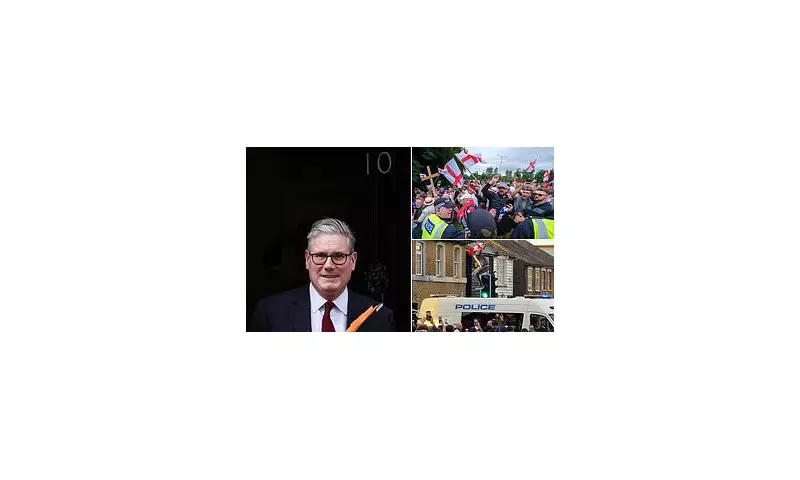
Labour leader Keir Starmer has sparked controversy with a proposal to expand police surveillance powers to monitor the social media activity of migrants. The plan, aimed at identifying potential signs of unrest, has drawn sharp criticism from civil liberties groups and political opponents.
The Surveillance Proposal
Under Starmer's suggested measures, law enforcement would actively track online posts and interactions by migrants, flagging content that could indicate brewing tensions or radicalisation. Supporters argue this preemptive approach could help maintain public order, but detractors warn it risks normalising invasive state monitoring.
Civil Liberties Concerns
Human rights organisations have condemned the proposal as a dangerous erosion of privacy rights. "This represents a slippery slope towards mass surveillance of specific communities," said a spokesperson for Liberty. "Targeting migrants for special monitoring creates a worrying precedent of discriminatory policing."
Political Reactions
The Conservative Party has remained notably silent on the issue, while smaller parties have voiced strong opposition. The Liberal Democrats called the plan "illiberal and counterproductive," warning it could damage community relations.
Implementation Challenges
Experts question the practicality of such monitoring, citing:
- The vast volume of social media content
- Difficulties in accurately interpreting online rhetoric
- Potential for algorithmic bias in flagging systems
- Resource constraints on police forces
The proposal comes amid ongoing debates about balancing national security with individual freedoms in the digital age. With no formal policy announced yet, the Labour leadership faces growing pressure to clarify the scope and safeguards of any potential monitoring programme.





